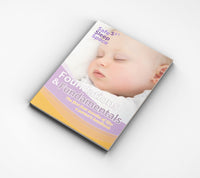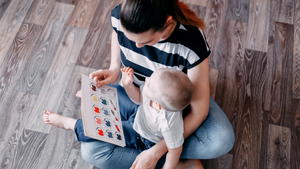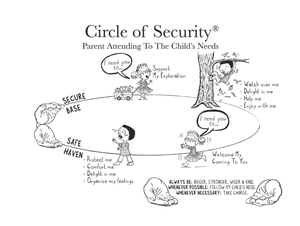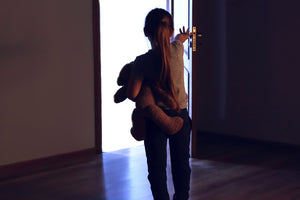How to Manage Daylight Savings

When the clock strikes 2am (again) to mark the end of daylight savings there are things parents can do to help their baby adapt to the time change.
As every parent well knows, babies are not governed by clocks; but by patterns, daily rhythms and sunlight, so these hints may help with the change process.
Begin by adjusting your evening preparation by 10-15 minutes later each day for a few days BEFORE the end of daylight savings and start to move the day patterns by 10-15 minutes as well. Once the clock actually changes you will have begun the progressive move so it won’t feel so hard for so long.
Most babies can adapt readily over one to two weeks if it is introduced progressively.
For the naturally early wakers, make sure the bedroom curtains are able to block the morning light out well, this really counts in those first couple weeks.
Some parents prefer to just make the change on the day the clocks go back, but babies can find this difficult… Slowly, over a week or two, the transition usually occurs with much greater ease, BUT your babies’ personality and yours will also govern how you manage the change. Let’s hope for long night sleeps and late waking’s …soon.
Help with looking after your baby
The NourishBaby - Guide to Babies - is an online program that you can view in your own time. The Guide to Babies helps you to understand and care for your baby and covers key milestones, sleep and settling advice and baby development. There is a section on real parents sharing their experience of adjusting to parenthood.
Many parents have reduced sleep when a new baby arrives. The Safe Sleep Space website has a variety of resources and supports to provide tips and advice on how to assist your baby with sleep. You can also book a phone consultation to speak with a Sleep Consultant.
Other blog posts you will find helpful:
When is it time to get help for my child's sleeping?
Why is infant mental health so important when it comes to sleep?
Amber beads. Why they're really not a good idea.








